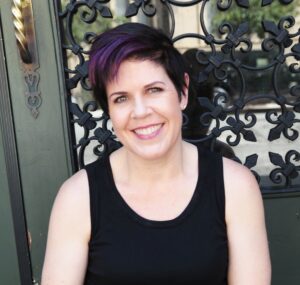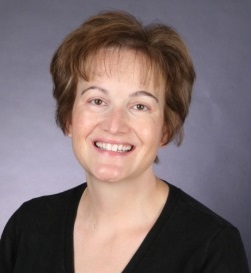
Every therapist, social worker, or doctor wants to be able to identify problems and provide solutions. But when a mother’s consumption of alcohol affects the child she carries—a condition referred to as fetal alcohol spectrum disorder (FASD)—these providers are often unequipped even to recognize the signs, let alone to assist the individual and family.
The search for answers brings health and human services providers to UW-Madison for the annual FASD Training of Trainers Certificate program. It trains people not just to understand prenatal effects, developmental implications, and intervention strategies for fetal alcohol spectrum disorders, but to train others in their community to do so. The 2015 program runs February 23-27 at the UW Pyle Center.
Identifying and intervening
“In my practice, I continually saw parents who were frustrated with their children and children who were frustrated with themselves because they couldn’t function at the level expected of them,” says Dr. Christina Emanuel, a psychotherapist from Pasadena, California.

Talking with physicians, therapists, and families
The UW-Madison Fetal Alcohol Spectrum Disorders Training of Trainers Certificate is 20 years in the making. Funded by grants, it is a partnership with the Centers for Disease Control and Prevention and University of Wisconsin’s Department of Family Medicine and Pediatrics and Division of Continuing Studies. It has filled to capacity nearly every year.
According to Dr. Georgiana Wilton, one of the instructors, the course was originally designed for medical and allied health care providers. But her team soon realized that the need was much broader. Current participants are medical and human services providers, educators, and parents and grandparents whose lives are personally affected by prenatal alcohol exposure.
The people who earn this certificate can explain prevention strategies and provide resources and support for families who receive one of the FASD diagnoses. But they do far more.
“The most important thing our participants do is raise awareness.” says Dr. Wilton. “Each of them is required to do at least two trainings once they return home. They open the eyes of professionals who see children with cognitive challenges and of parents who are desperate for information.”

Learning with the best
Hundreds of people from across the United States and many other countries have completed the UW-Madison Training of Trainers Certificate program. They also learn from each other, whether they are physicians or parents.
“The course was outstanding and very special,” says Dr. Emanuel. “I’ve since presented to school nurses, gang intervention groups, and other therapists. Because of my training and the people I met in the class, I’m able to inform my colleagues about the fetal alcohol spectrum disorders, a condition that very few know about. I am also able to help families achieve much better outcomes for the individuals with FASDs in our care.”
Participants in the Training of Trainers Certificate program earn 34 continuing education hours. They receive their FASD Trainer Certificate by completing all course requirements and conducting and evaluating two independent trainings when they return to their community. The course is cosponsored by the University of Wisconsin School of Medicine and Public Health, Departments of Family Medicine and Pediatrics, and Wisconsin FASD Treatment Outreach Project.
For additional information, contact Kristi Obmascher at kobmascher@dcs.wisc.edu, 608-262-8971.
My son (now age 23) was diagnosed with FAS as an infant with a long menu of issues. He was part of the Infant Parent Program at Chedoke Hospital in Hamilton until age 2. At age 2, we obtained Special Services at Home (after a battle) and he had a worker come to the house 15 hours/week (9 AM until noon) until he started Grade 1 full time. In JK and SK he had Special Education supports as well as throughout elementary and high school. He was in a regular classroom throughout. He graduated high school as an Ontario Scholar with the Principal’s Gold Honor Award. He did a full Grade 12 and then returned to Grade 12 to add more courses of interest in a second year. The end results justify the monumental battles we had with bureaucracies to get the supports to which he was entitled. It was as tough as any business I have owned and operated. The extra year in Grade 12 also helped with his maturation process.
I learned More about Fast in Here
Thank you for sharing your story. It is wonderful to hear that your son has done so well–and that the stuggles in your journey have led to success. I just returned from an International FASD Conference in Vancouver and had the chance to hear more about the programs available in Canada. Best of luck in the future.